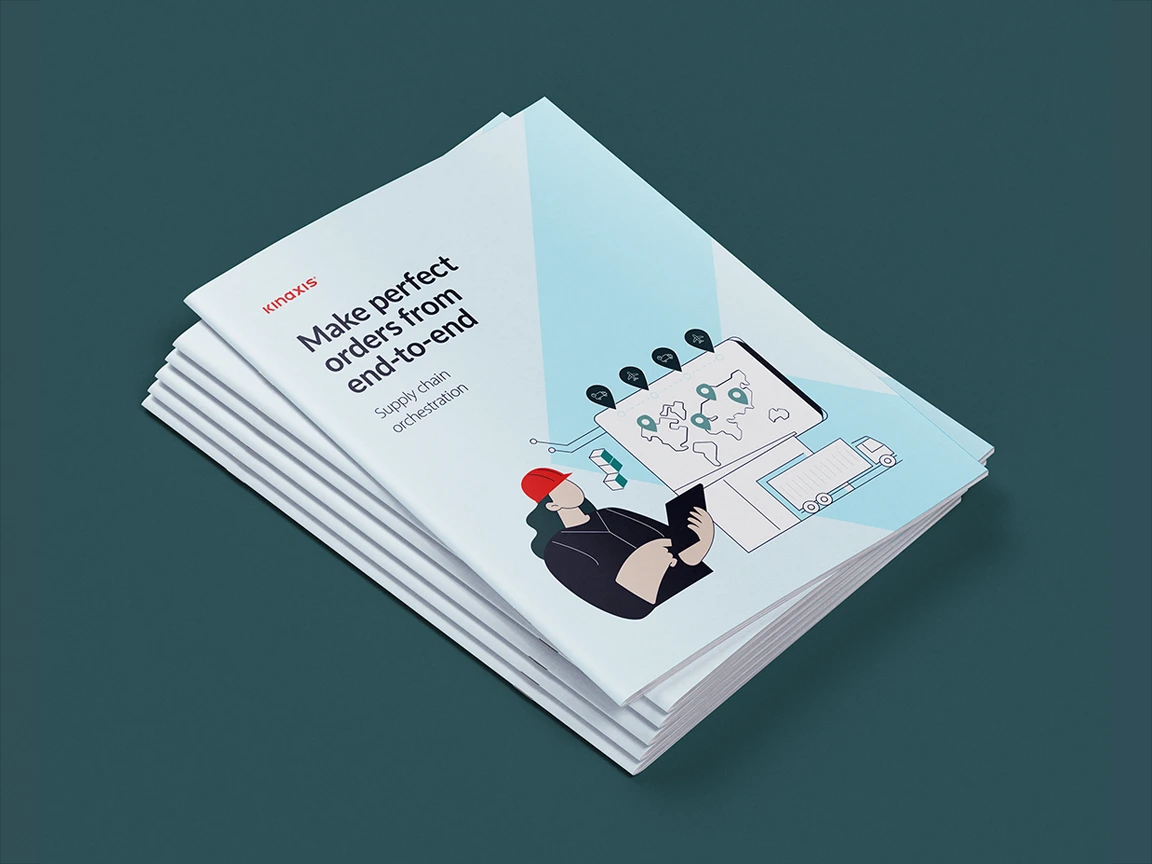meet your digital co-workers
AI agents built for real-world supply chains
Kinaxis AI solutions work within your supply chain model, understanding constraints and dependencies to deliver tailored, real-world insights that drive faster, smarter decisions far beyond generic AI tools.
Unlike typical AI tools, Maestro agents guide you through impacts, options, and outcomes, that can act on approved decisions, streamlining actions without toggling between screens.
No technical skills needed. Just ask questions in plain language and get accurate, real-time answers. It’s like having a supply chain expert built into the platform, always ready to help.
Maestro agents are intuitive for all roles, from operations to C-suite, making it easy to explore scenarios, understand trade-offs, and take action without relying on technical experts.
Every AI response includes clear explanations, data sources, and assumptions, backed by enterprise-grade security, giving you the transparency and control needed for responsible, confident AI adoption.

ebook
Navigating the deep waters of supply planning
Don’t let global complexity get the better of your supply chain. In our latest eBook, we explore what it takes to successfully navigate unforeseen disruption or opportunities and improve the effectiveness of your supply planning.
What problems can you solve with AI?
- Demand
- Supply
- Inventory
- Control Tower
Demand
With so many different factors influencing demand, it can be tough to know where to focus. AI helps you cut through the noise to get to the signals that matter. Machine learning dives into vast data pools, uncovering key demand drivers and predicting future trends. So you can make smarter, data-driven decisions, ensuring your business stays ahead of the curve and drives forward with confidence.
Supply
Striking the right balance across cost, cash, customer service, and sustainability can be challenging. By harnessing a fusion of cutting-edge techniques, you can rapidly evaluate complex tradeoffs and optimize for multiple metrics at the same time to achieve unprecedented efficiency and profitability.
Inventory
Predicting demand for slow-moving products can be a headache and leave you with more inventory than necessary. Powered by AI, probabilistic multi-echelon inventory optimization (MEIO) analyzes historical sales, market trends, and demand signals and provides precise forecasts to optimize stock levels across your entire supply chain.
Control Tower
Eliminating volatility in your supply chain is impossible but managing it shouldn’t be. With AI-powered decision intelligence, you can automatically ingest and process third-party insights, apply prescriptive recommendations, and drive ongoing improvements to system-generated recommendations by automatically learning from past decisions.
maestro platform
See intelligent demand planning in action
Experience Maestro live with a Kinaxis expert.






